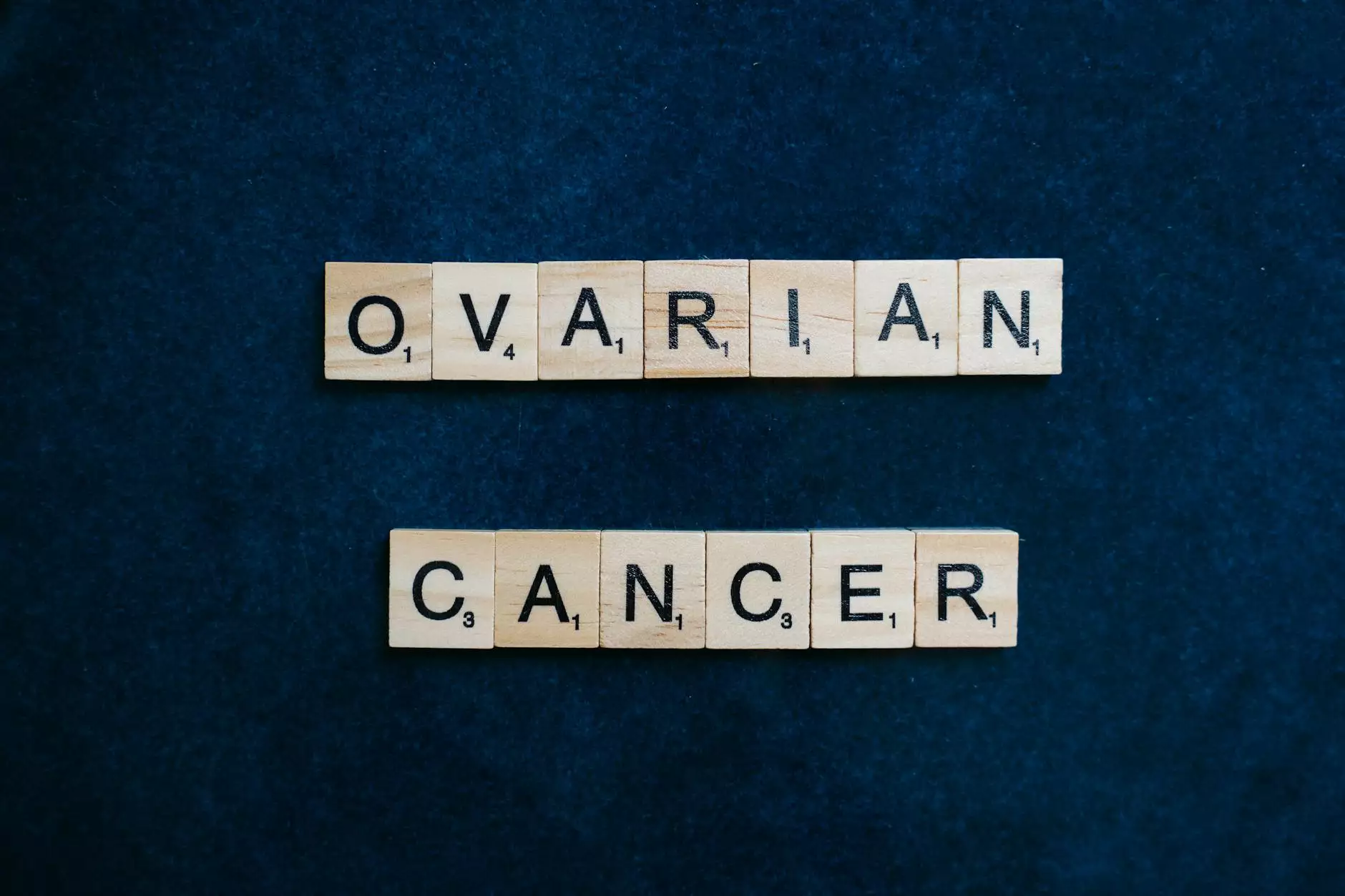Understanding the **Risk of Ovarian Cancer After Total Hysterectomy**

The connection between surgical procedures and subsequent health risks is of paramount importance in women’s health, particularly concerning total hysterectomy and its relation to the risk of ovarian cancer. This article delves into the intricacies of what a total hysterectomy entails, the implications on ovarian health, and how women can better understand and manage their risks.
What is a Total Hysterectomy?
A total hysterectomy is a surgical procedure that involves the removal of the uterus and the cervix. In many cases, the ovaries and fallopian tubes may also be removed, a procedure known as a total abdominal hysterectomy with bilateral salpingo-oophorectomy (TAH-BSO). This surgery is often performed to address various medical conditions, including:
- Uterine fibroids
- Endometriosis
- Uterine prolapse
- Chronic pelvic pain
- Cancer of the uterus, ovaries, or cervix
While a total hysterectomy can alleviate symptoms and prevent the progression of certain diseases, it necessitates a thorough understanding of its potential long-term effects, particularly regarding ovarian cancer risk.
The Ovaries: Their Role and Health Implications
The ovaries are small but crucial reproductive organs that produce eggs and hormones like estrogen and progesterone. When undergoing a total hysterectomy that includes the removal of the ovaries, a woman will experience immediate menopause, a phase that can bring several health implications.
Hormonal changes following hysterectomy may not only affect mood and physical health but can also impact the risk of developing certain diseases, including ovarian cancer. Though the ovaries are removed during a complete procedure, many women wonder about their risk concerning ovarian cancer post-surgery.
The Risk of Ovarian Cancer After Total Hysterectomy
One significant concern surrounding the risk of ovarian cancer after total hysterectomy centers on women who do not have their ovaries removed during the procedure. Studies indicate varying degrees of risk depending on individual health conditions and genetic predispositions, including:
- Family History: Women with a family history of ovarian or breast cancer possess a greater risk factor.
- Genetic Factors: Certain genetic mutations, particularly BRCA1 and BRCA2, significantly increase the likelihood of developing ovarian cancer.
- Age: The risk increases with age, particularly for women over 50.
- Health Conditions: Underlying health conditions can also play a pivotal role in cancer risk.
What the Research Says
Research has shown that the risk of ovarian cancer can be altered by the menopause status of the patient. Women who have their ovaries removed during a hysterectomy generally have a decreased risk of ovarian cancer. Conversely, those who retain their ovaries should remain vigilant about regular screenings and consultations with their healthcare providers.
Post-Hysterectomy Care and Monitoring
Even after a hysterectomy, it is crucial for women to engage in lifelong health monitoring and proactive care. Here are some essential strategies for managing health after surgery:
- Regular Check-Ups: Schedule routine visits with a gynecologist specializing in women's health.
- Ultrasound and CA-125 Tests: These screenings can help in early detection of potential ovarian issues.
- Awareness of Symptoms: Be aware of unexplained abdominal pain, bloating, or changes in urinary habits, which could signal health concerns.
- Healthy Lifestyle Choices: A balanced diet, regular exercise, and smoking cessation can help mitigate many health risks.
Addressing Concerns: Emotional and Physical Well-being
Undergoing a total hysterectomy can lead to considerable emotional and psychological challenges. Understanding the surgical procedure's implications helps women prepare for the journey ahead. It might be beneficial to consult with a mental health professional during the recovery phase.
Moreover, hormonal therapy may be recommended for women who experience significant menopausal symptoms following surgery. Hormone replacement therapy (HRT) can aid in alleviating symptoms such as hot flashes, vaginal dryness, and mood changes, facilitating a smoother transition.
The Future of Ovarian Cancer Research
In recent years, the field of ovarian cancer research has grown immensely. Researchers continually seek to understand the nuanced relationship between surgical procedures like hysterectomies and the risk of developing ovarian cancer. Advances in genetics and screening technologies may offer new hope in early detection and prevention strategies for high-risk women.
Conclusion
Understanding the risk of ovarian cancer after total hysterectomy is vital for informed decision-making about women's health. While a total hysterectomy can alleviate certain health concerns, it is essential to be mindful of the implications on ovarian health and cancer risks. Women should prioritize regular health assessments and listen to their bodies, seeking medical advice whenever necessary.
Additionally, resources like Dr. Seckin’s website provide invaluable information for those seeking further understanding of their health after such significant surgical procedures.
In summary, armed with knowledge, women can take proactive steps towards their health and well-being, navigating the complexities of post-hysterectomy life while minimizing their risk of ovarian cancer.









